Zrmanja steals its glory! Krupa hides the most beautiful waterfalls and legends
Some rivers captivate you at first sight, only to slowly fade from memory. And then some don’t boast, but stay under your skin forever. Krupa is exactly that kind of river. Short, modest, turquoise. It is so enchanting that once you find it, you’re left wondering why you have ever gone anywhere else.
Zrmanja, its bigger and more famous neighbor, gets most of the spotlight. More kilometers, more tours, more kayaks, and brochures. But Krupa – only 7 kilometers long – offers something few rivers can: the feeling that you’ve discovered something hidden, untouched, and pure. Something that wasn’t advertised to you, but quietly allowed you to find it.
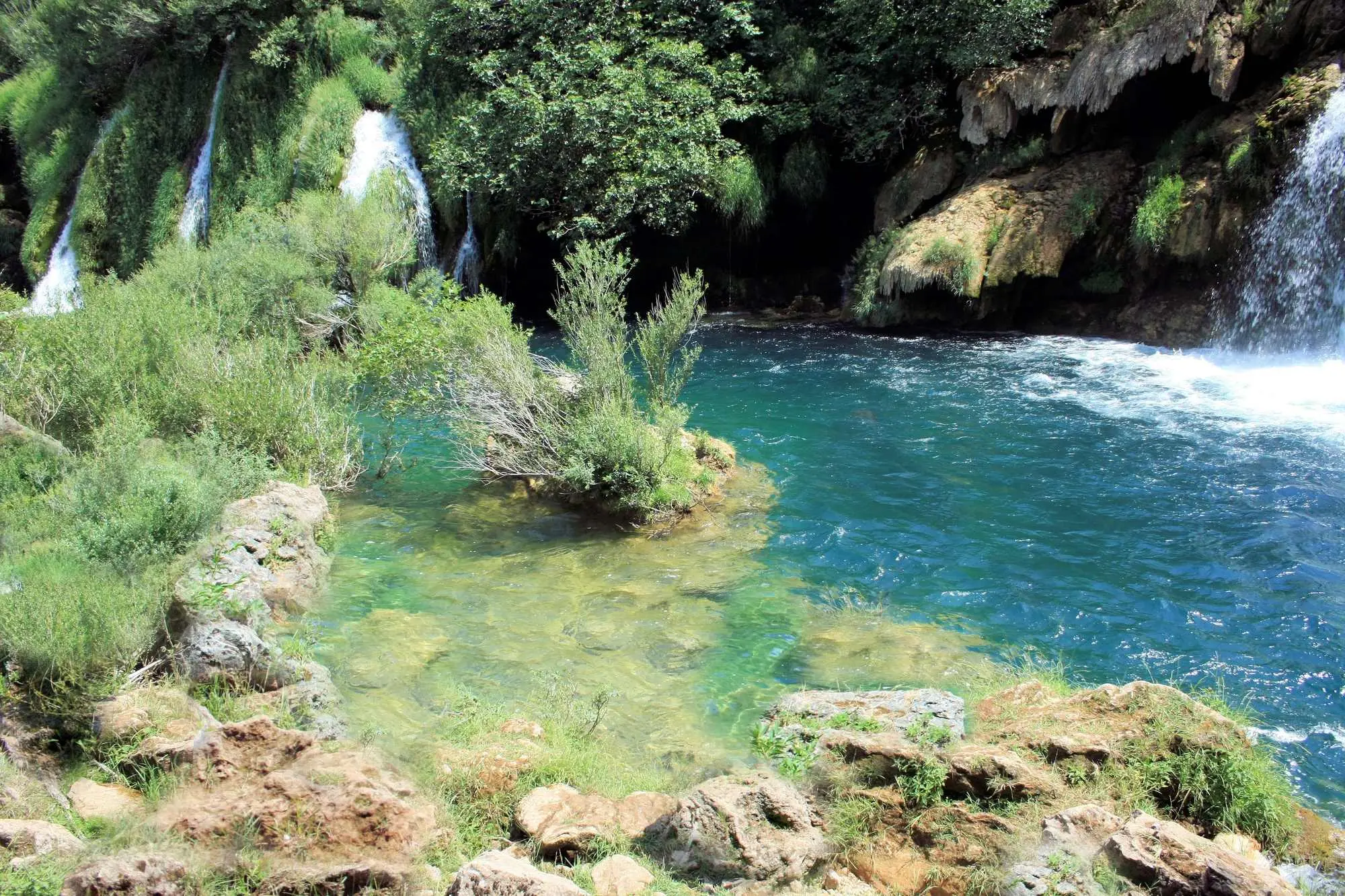
Krupa river, Photo: susybaels Depositphotos
The Krupa River springs beneath the Velebit mountain range, near the village that shares its name. In a place where karst stone and forest coexist peacefully, where sunlight falls in beams through branches, a river is born, carrying with it color, silence, and strength. Flowing through a deep canyon, it carves its path over travertine barriers, through small turquoise pools that mirror the sky, and down waterfalls that sometimes seem hand-drawn rather than shaped by nature.
The most famous of these is Deveterac, a majestic curtain of cascading travertine over which stretches one of Croatia’s most beautiful stone bridges – Kudin Most. According to legend, a young man named Kuda built the bridge at the end of the 18th century so he could reach his beloved Manda, who lived on the opposite bank. Today, the bridge carries more than just stones – it carries a story of love, persistence, and people who built not for profit, but for passion.
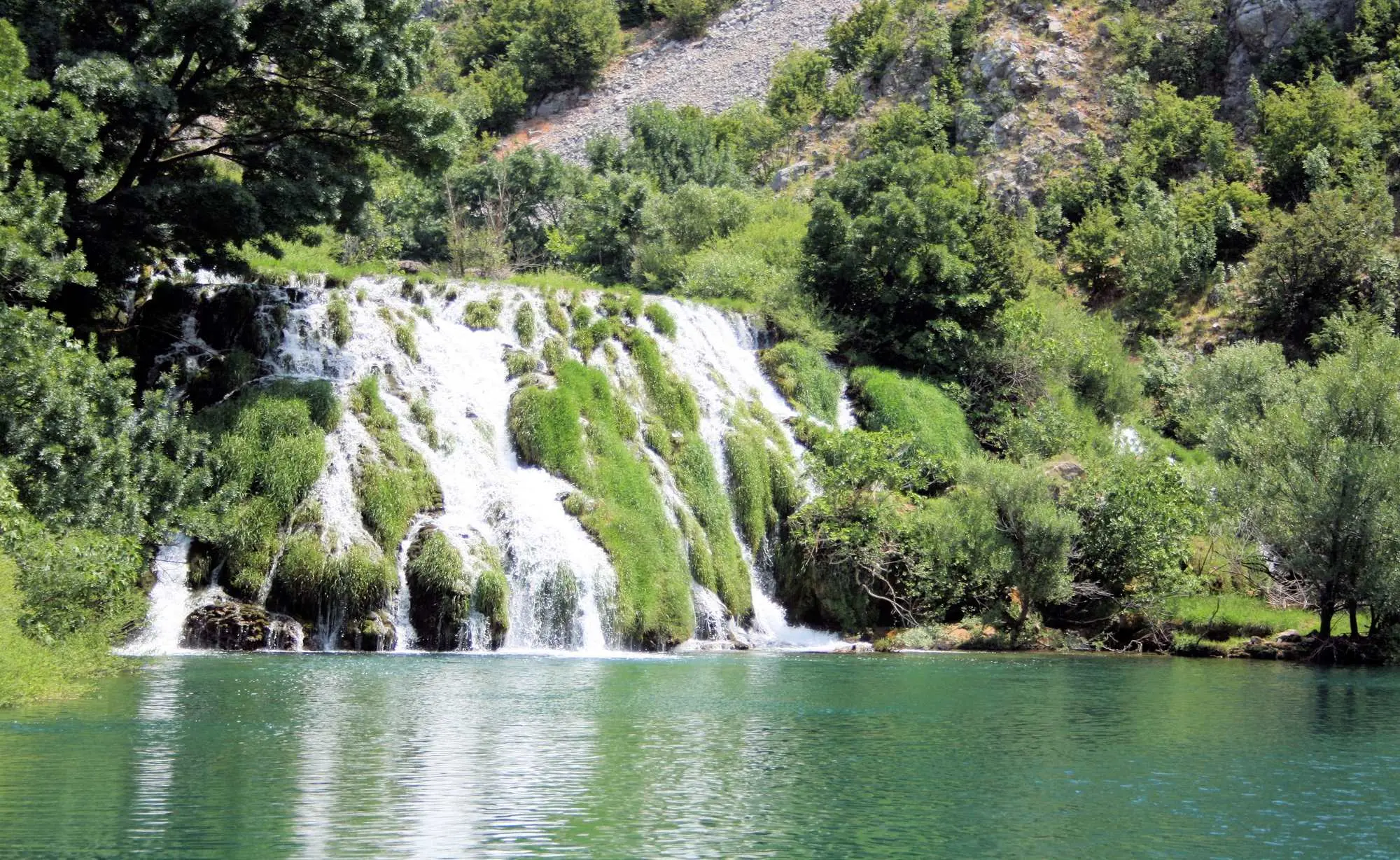
Deveterac, Krupa River, Photo: susybaels Depositphotos
But Deveterac isn’t the only waterfall worth seeing. Further downstream, where the river narrows its path between rocky cliffs, lies Dragičevića Buk (Dragičević waterfall) – an eight-meter-high waterfall that looks like it leapt out of a movie scene. There are no signs, no crowds. Just nature at its finest, waiting for those who know how to step off the main path.
In that same landscape, along the banks of Krupa, stands another quiet guardian of time – Krupa Monastery. Founded back in 1317, it is the oldest Orthodox monastery in Croatia. Nestled right beside the river and surrounded by mulberry trees and ancient dry-stone walls, the monastery radiates a serenity that cannot be staged. Inside its walls are preserved frescoes, centuries-old icons, and precious manuscripts – but what strikes the most is the harmony between man and nature that lives here. As if the river and the monastery always knew they needed each other – and for more than seven centuries, they haven’t forgotten.
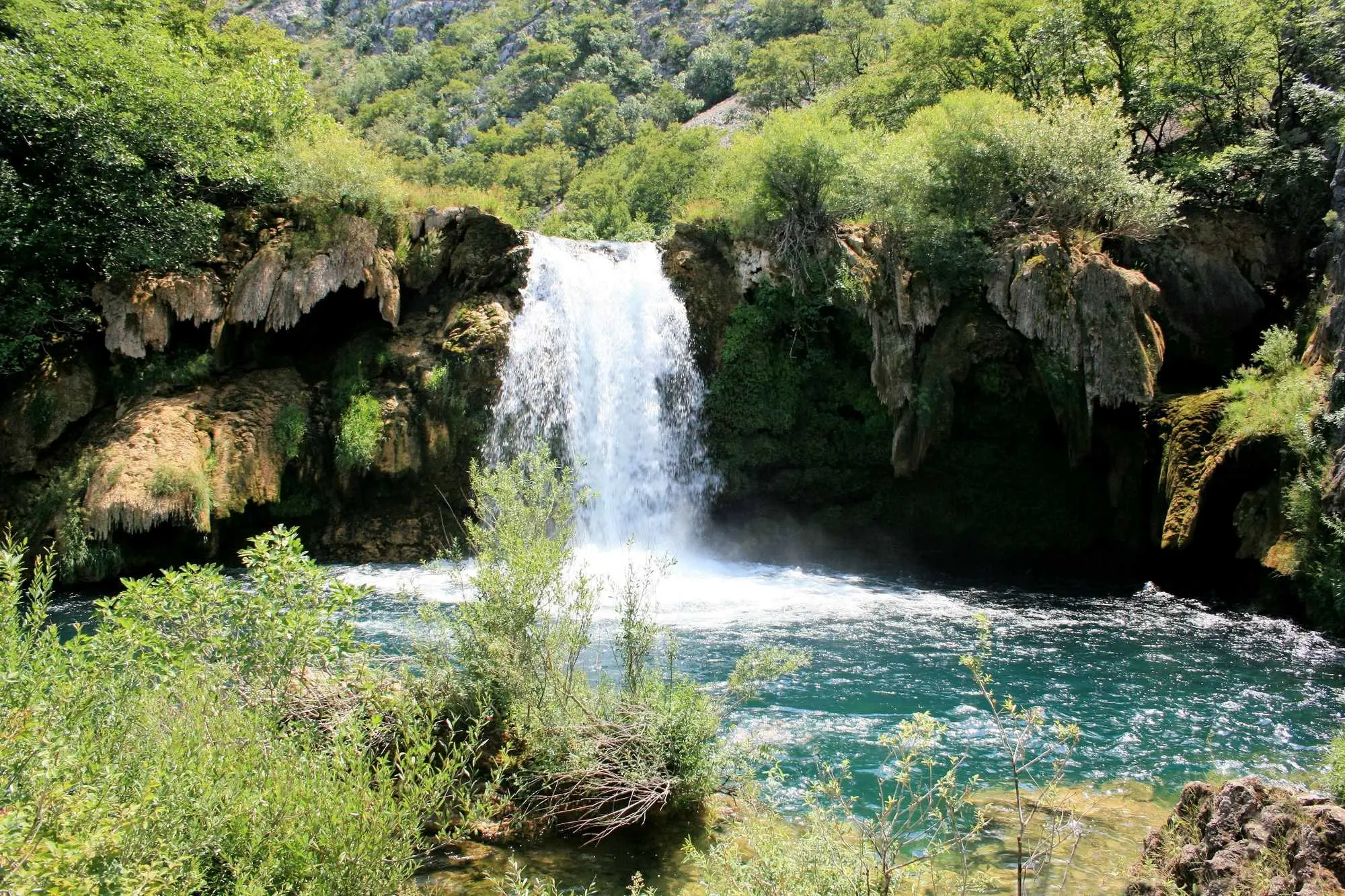
Dragičevića buk, Krupa river, Photo: susybaels Depositphotos
And it is precisely here, among waterfalls and rock formations, that Krupa reveals another of its faces – one of remarkable biodiversity. Its water is so clear you can see your reflection, and so pure that rare species of dragonflies, amphibians, trout, and birds thrive within it. Anyone familiar with biological indicators will tell you: where there are dragonflies, the water is alive and breathing.
Around the river grow wild plants, ancient fig trees, and untamed roses. Occasionally, you’ll spot an olive tree growing where you’d least expect it. And then there’s the stone – ever-present, yet never harsh. This landscape is neither tame nor wild. It is… balanced. As if nature never allowed anything to disturb the quiet that has reigned here for centuries.
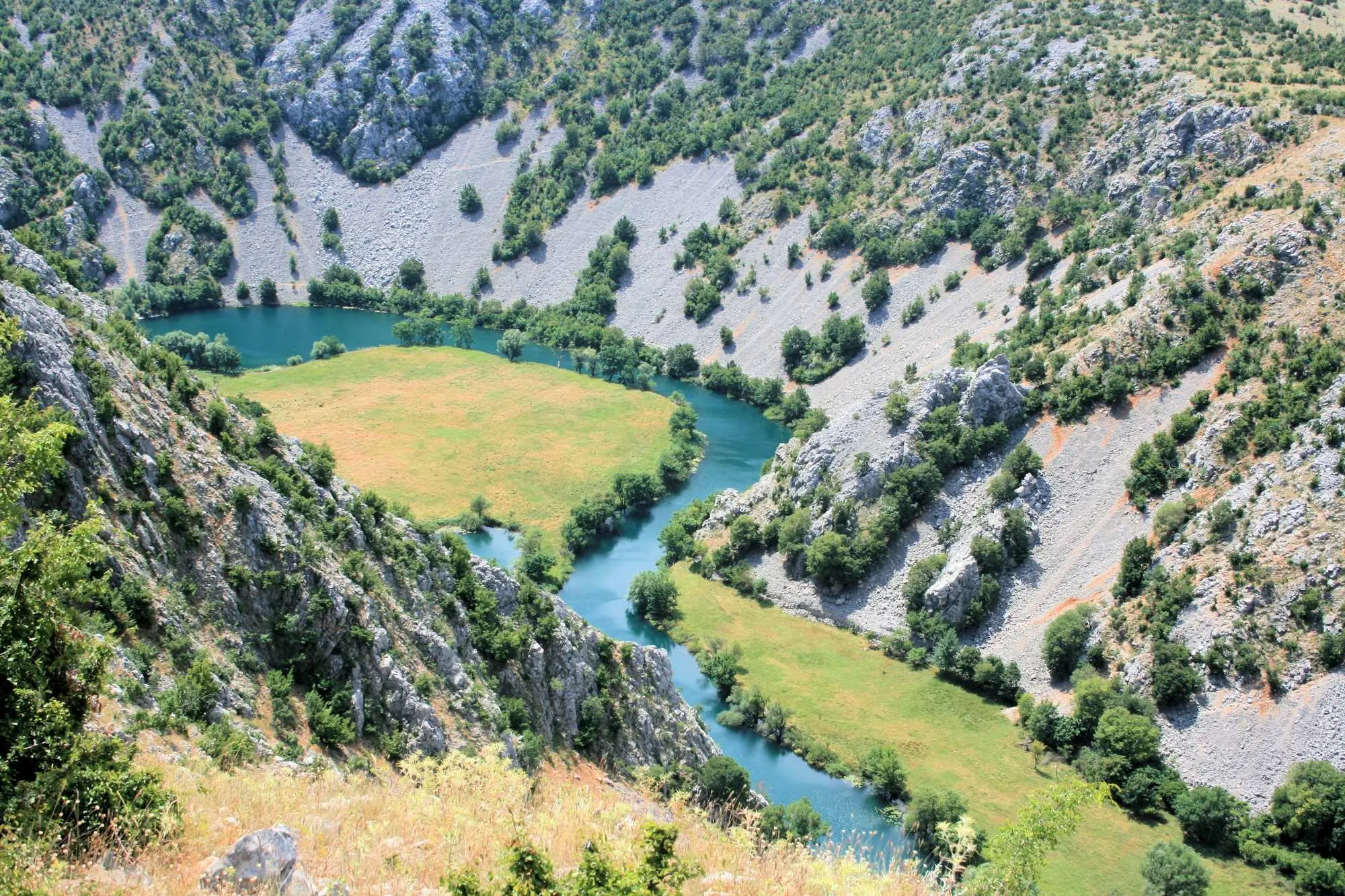
Krupa River, Photo: susybaels Depositphotos
Getting to Krupa isn’t complicated, but it’s not something you do on autopilot either. The best approach is from the village of Golubić, where a trail leads toward Kudin Most. Along the way, you pass abandoned houses, bare pines, and meadows that seem to be waiting for you to lie down and listen. The river follows you the whole time — even when you can’t see it, you hear it. And deep down, you know you’re heading toward something that matters.
Krupa is not the kind of river you’ll find in tourist brochures. There are no cafés. No music. No guides with microphones. Just you, the water, and that rare feeling that you’ve arrived somewhere that offers no performance, only presence.
And so, even if Zrmanja overshadows it in the public eye, Krupa remains the river you’ll remember. Because it’s not about how long it flows, or how many tourists come. It’s about what it shows you — and what it awakens in you, once the noise is gone.
Nearby, you’ll also find…

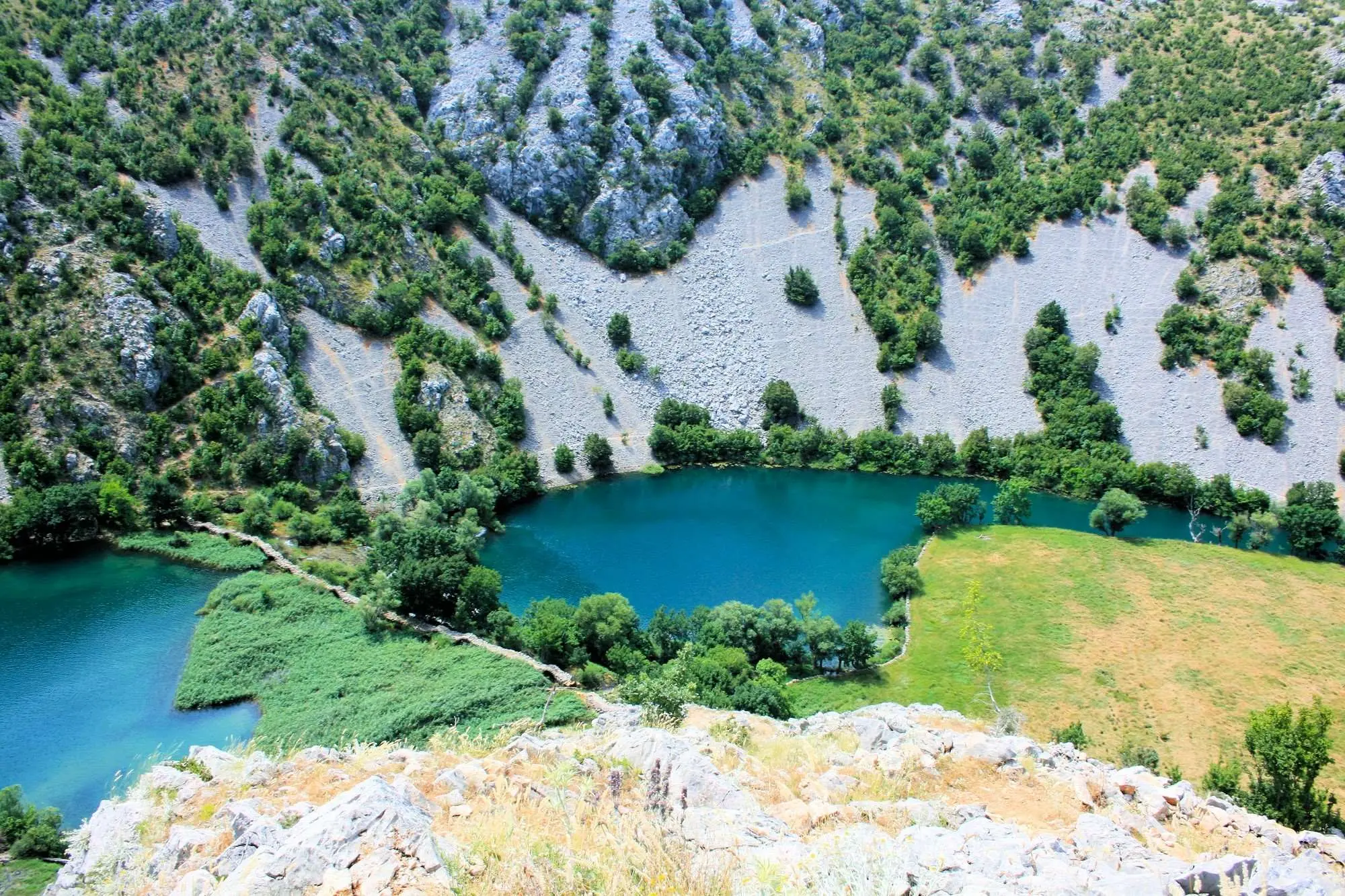
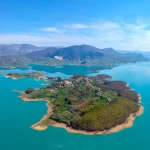
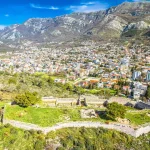
Leave a Reply